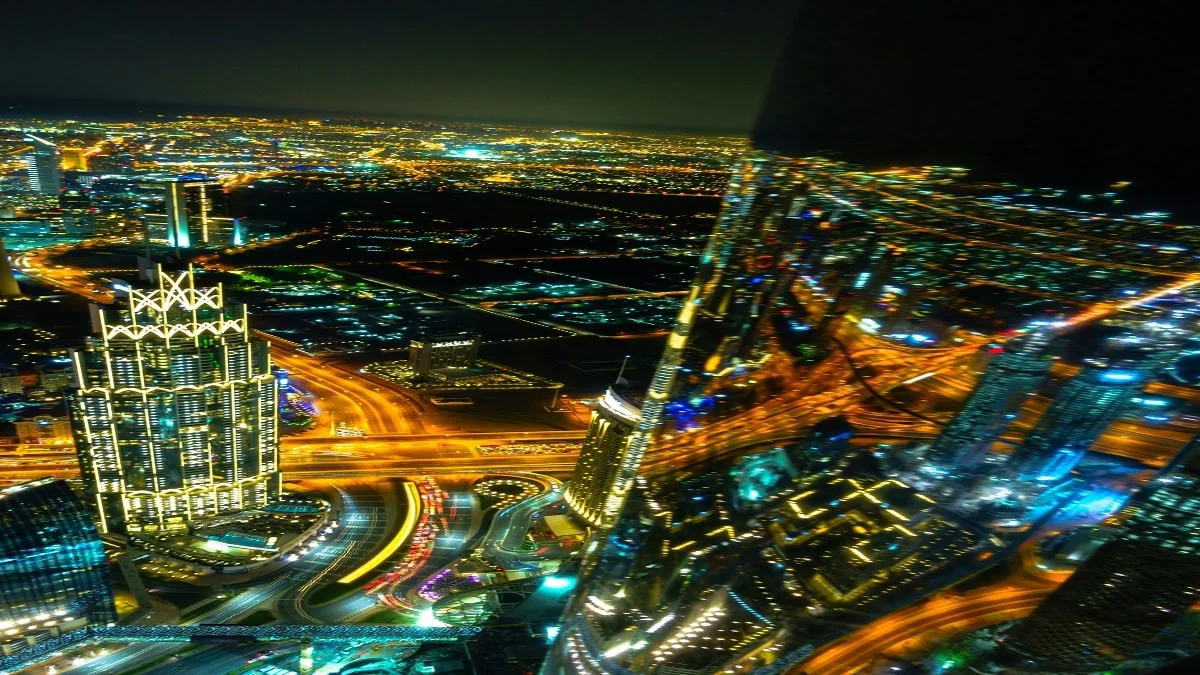The Rise of Resilient Smart Cities in Saudi Arabia
As Saudi Arabia undergoes rapid urbanization, the development of smart cities has become a cornerstone of the Kingdom’s vision for sustainability, innovation, and economic diversification. At the heart of these initiatives lies a critical, often underestimated element: resilience.
Resilience ensures that smart cities are not only technologically advanced but also capable of withstanding and recovering from disruptions—whether from cyber threats, climate change, or natural disasters—while safeguarding the health, safety, and well-being of residents.
Resilience: The Foundation of Sustainable Urban Development
Building resilience into smart city design is no longer optional; it is an essential strategy for future-proofing urban environments. Resilient cities can:
✔ Withstand and recover from unexpected disruptions
✔ Sustain critical services during emergencies
✔ Protect infrastructure, data, and communities
✔ Foster trust, inclusivity, and economic stability
Saudi Arabia’s smart city projects, including NEOM and THE LINE, exemplify this integrated approach—prioritizing innovation without compromising safety, sustainability, or social equity.
Key Pillars of Resilient Smart Cities
1. Risk Management and Business Continuity
Operational resilience is central to maintaining essential services during crises. Through effective risk management, emergency preparedness, and business continuity planning, smart cities can:
✔ Rapidly adapt to changing conditions
✔ Minimize service disruptions
✔ Ensure safety and functionality for residents and visitors
Global examples, from Singapore to Amsterdam, demonstrate how cities that embed resilience into their operational frameworks are better equipped to navigate disruptions.
2. Cybersecurity and Data Protection
Smart cities rely heavily on interconnected systems and data-driven technologies. Robust cybersecurity measures and data privacy protocols are essential to:
✔ Protect sensitive information
✔ Prevent cyberattacks that could cripple critical services
✔ Foster public trust in digital infrastructure
Saudi Arabia’s commitment to cybersecurity is critical as smart city ecosystems expand, ensuring digital resilience remains a top priority.
3. Sustainable Resource Management
Resilient smart cities optimize resource usage and reduce environmental impact through:
✔ Solar power integration and renewable energy initiatives
✔ Smart waste management, including AI-powered recycling and smart bins
✔ Distributed energy generation to reduce dependency on centralized grids
These strategies align with Saudi Arabia’s broader sustainability objectives, promoting energy efficiency and environmental stewardship.
4. Community Engagement and Social Inclusivity
True resilience extends beyond technology. It requires engaged, empowered communities where:
✔ Residents participate in decision-making processes
✔ Access to smart city benefits is equitable
✔ Social equity initiatives address digital divides
Community engagement fosters a sense of ownership and strengthens social cohesion, ensuring smart cities serve all demographics.
5. Economic Resilience and Workforce Development
Resilient smart cities contribute to economic stability by:
✔ Supporting local businesses and entrepreneurs
✔ Investing in workforce training for emerging industries
✔ Creating new opportunities through innovation hubs and digital infrastructure
This economic resilience ensures that smart cities not only attract investment but also provide long-term prosperity for their residents.
NEOM and THE LINE: Pioneering Resilient Smart Cities
Saudi Arabia’s flagship smart city projects—NEOM and THE LINE—are global showcases for integrating resilience, sustainability, and cutting-edge technology. These initiatives embody:
✔ Sustainable design and renewable energy solutions
✔ Advanced infrastructure built to withstand future challenges
✔ Inclusive, human-centric urban planning
✔ Robust governance frameworks promoting transparency and accountability
Conclusion: A Holistic Approach to Urban Resilience
The success of Saudi Arabia’s smart cities depends on more than technology—it relies on a holistic, integrated approach to resilience that addresses economic, social, environmental, and technological challenges.
By embedding resilience into every facet of smart city development, Saudi Arabia can ensure its urban environments thrive today while being prepared for the uncertainties of tomorrow. These resilient, sustainable cities will not only support the Kingdom’s economic diversification goals but also create vibrant, inclusive communities that set a global standard for the future of urban living.




